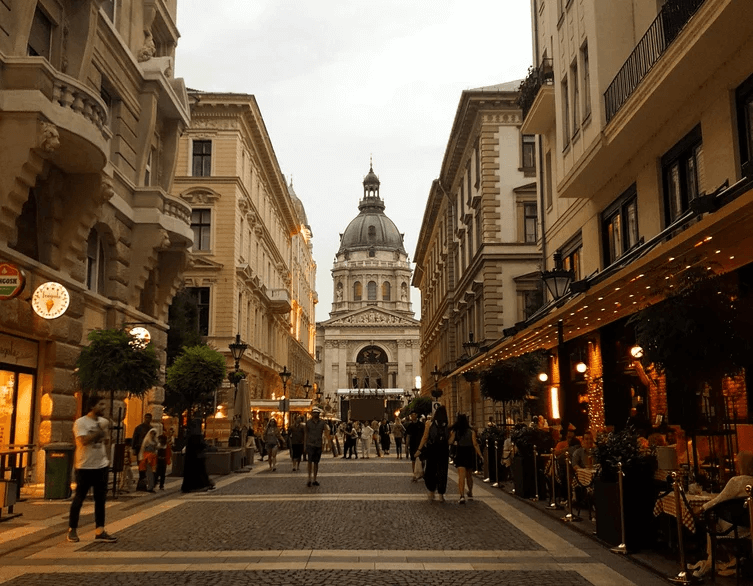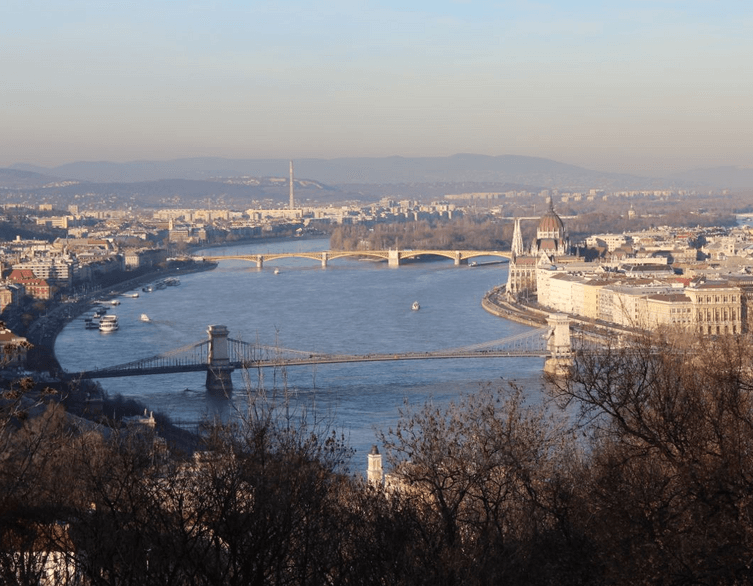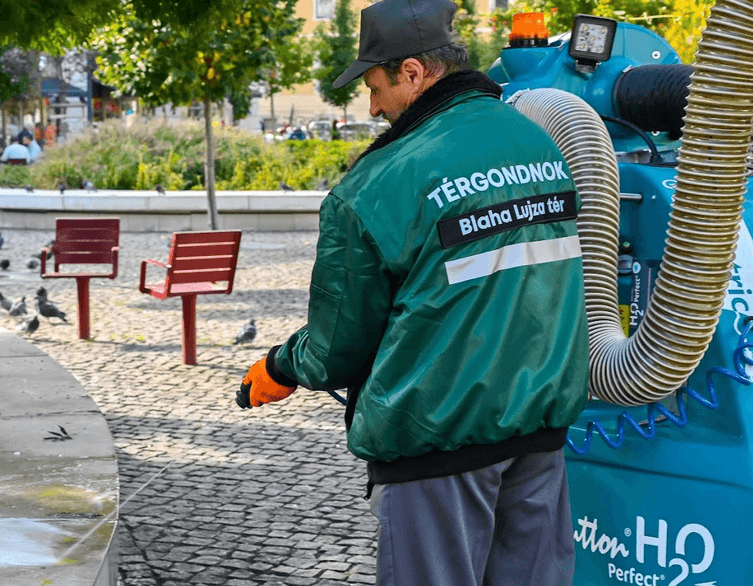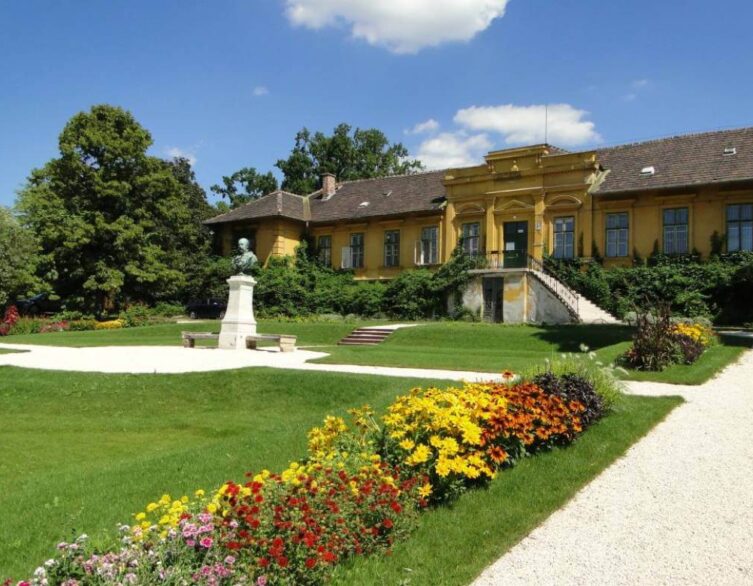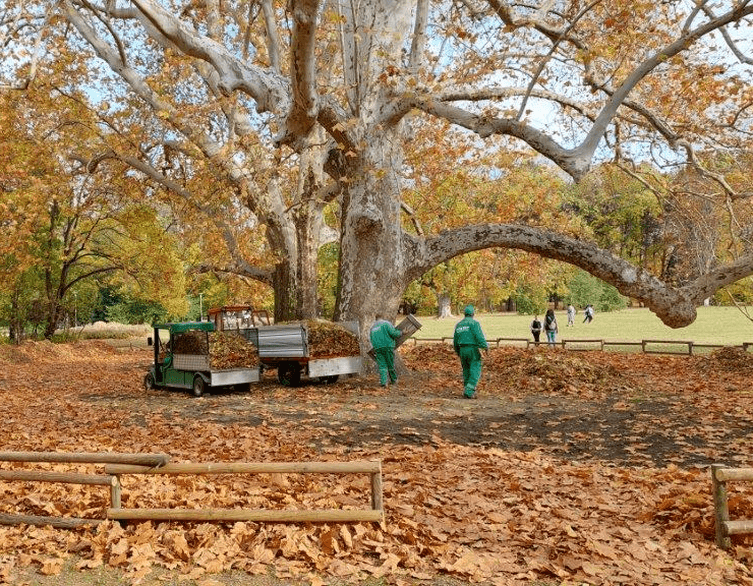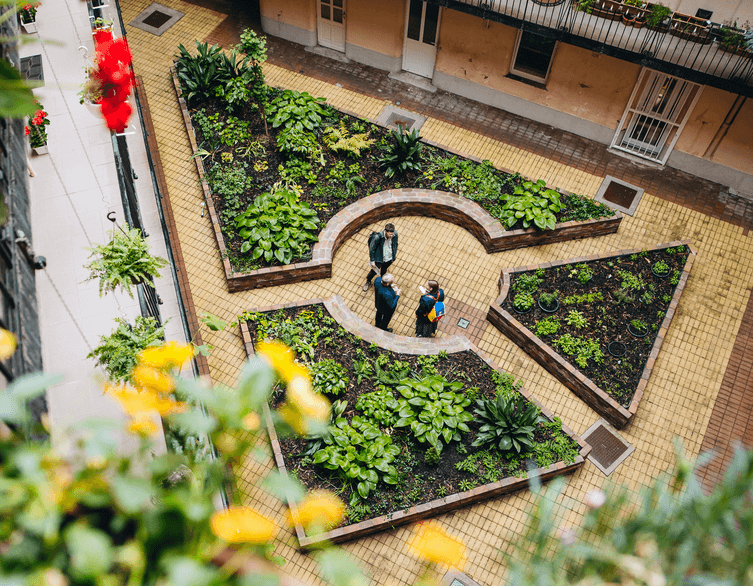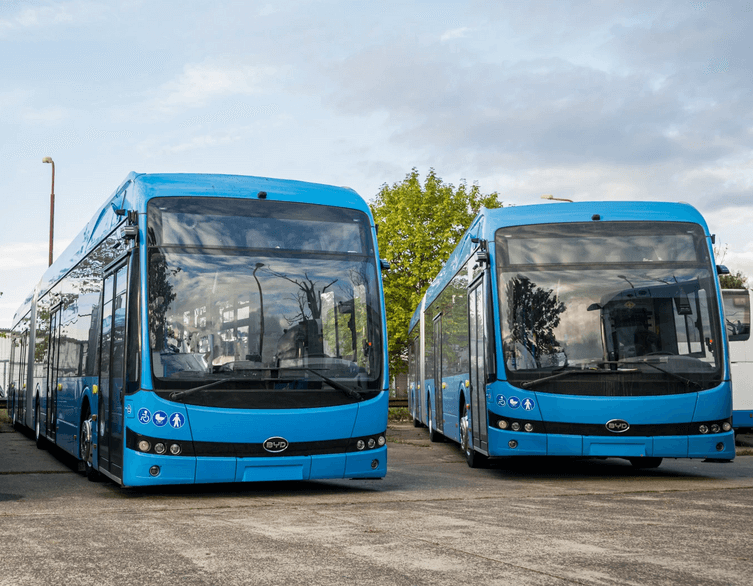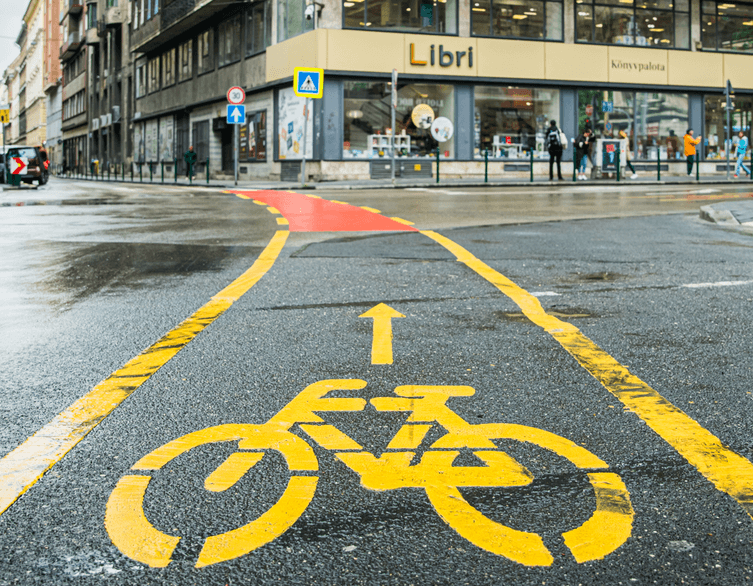Budapest Wins Global Recognition for Its Green Future

When you explore Budapest’s thermal baths, historic neighborhoods, and vibrant cultural scene, you’re experiencing a city that’s not only steeped in history but also deeply committed to its environmental future. Recently, Budapest received prestigious international recognition that underscores this commitment—the Global Smart Green City award, presented in Geneva to cities leading the way in sustainable urban development.
This honor places Budapest in an exclusive circle of European capitals. Among European cities, only Vienna and Dublin have previously received this distinction. What makes Budapest’s achievement even more remarkable is that it stands as the first city honored from the Central and Eastern European region, a significant milestone for the entire region’s sustainability efforts.
Understanding the Award and Its Significance
The Global Forum on Human Settlements (GFHS), which awarded Budapest this recognition, ranks among the world’s most prestigious international organizations focused on sustainable urban development and human settlements. Operating since 2005, the forum holds special consultative status with the United Nations Economic and Social Council (ECOSOC), giving it considerable weight in global sustainability conversations. When such an organization selects a city for this award, it’s recognizing genuine achievement, not merely symbolic gestures.
The award wasn’t given for a single initiative but rather for Budapest’s comprehensive environmental and climate strategy—a multifaceted approach that demonstrates how a major European city can balance urban living with ecological responsibility. This holistic vision is exactly what makes Budapest’s achievement noteworthy for visitors and residents alike.
Best deals of Budapest
What Makes Budapest’s Strategy Stand Out
Budapest’s winning proposal showcased three interconnected pillars of urban sustainability. The first focuses on environmental protection and resource efficiency, emphasizing the preservation of healthy, secure urban environments and the protection of natural values throughout the city. Anyone who has visited Budapest’s parks, islands, and green spaces can appreciate how the city integrates nature into urban life—from Margaret Island’s peaceful gardens to the wooded areas surrounding the city.
The second pillar addresses climate action through the city’s Sustainable Energy and Climate Action Plan. This comprehensive strategy targets the reduction of greenhouse gas emissions while simultaneously increasing energy efficiency and promoting renewable energy sources. In practical terms, this means Budapest is working toward a future where the energy powering the city’s iconic landmarks and everyday infrastructure comes increasingly from clean sources.
The third pillar represents a modern approach to urban management: the Smart Budapest Framework Strategy. This initiative integrates intelligent technologies and data-driven city management, allowing Budapest to optimize everything from transportation systems to utilities based on real-time information. For tourists, this might manifest in improved public transportation, better traffic flow, and more efficient public services.
What This Means for Visitors
While environmental strategies might seem disconnected from tourism, they profoundly affect visitor experiences. A city committed to sustainability typically offers better air quality, cleaner public spaces, more efficient public transportation, and thoughtful urban planning that preserves both historic character and natural beauty. Budapest’s commitment to these principles means the city you visit today is being actively managed to remain livable and beautiful for future generations.
The award also reflects Budapest’s ambition to balance its role as a major tourist destination with its responsibilities as a living, breathing city for its residents. This balance is increasingly important as overtourism affects many European capitals. Budapest’s environmental focus suggests a city thinking carefully about how to welcome visitors while protecting its neighborhoods, natural resources, and quality of life for locals.
Budapest in a Broader Context
This recognition arrives as Budapest joins other Hungarian communities celebrated for exemplary sustainability work. The UN World Tourism Organization recently honored the villages of Hosszúhetény and Mórahalom through its Best Tourism Villages program for their outstanding tourism and community development efforts. These accolades collectively suggest that Hungary, often overshadowed by larger European nations in sustainability conversations, is making genuine strides toward a greener future.
Budapest’s award also signals the city’s positioning within European urban development conversations. As cities across Europe grapple with climate change, aging infrastructure, and the need to remain competitive while sustainable, Budapest’s comprehensive approach offers valuable lessons. The city isn’t choosing between being modern and being green—it’s integrating both.
Experiencing Sustainable Budapest
As a visitor, you can witness Budapest’s environmental commitment firsthand. The city’s extensive public transportation system, including its historic metro, trams, and buses, reduces the need for private vehicles. The numerous thermal baths utilize natural geothermal resources, a renewable energy source unique to Budapest’s geology. The preservation of the Danube’s natural character, despite heavy urban development, reflects careful environmental stewardship.
Green spaces throughout the city—from the gardens at Gödöllő Royal Palace to the nature reserves on the outskirts—demonstrate how Budapest integrates environmental protection into urban planning. Even the city’s commitment to preserving its historic districts means maintaining the character and walkability of neighborhoods, which inherently supports sustainable living patterns.
How You Can Support Budapest’s Environmental Initiatives
While visiting Budapest, you can actively participate in the city’s sustainability efforts. Simple choices matter: dispose of waste properly in designated bins, use public transportation instead of taxis, and explore neighborhoods on foot. These actions directly support the resource efficiency and climate goals that earned Budapest international recognition.
Municipal cleaning teams remove approximately five tons of waste daily from Budapest’s streets and public areas. By respecting the city’s cleanliness standards—following the campaign message “Don’t be trash, throw it in the bin!”—you reduce unnecessary cleanup efforts and environmental contamination. Supporting local businesses committed to sustainable practices and respecting protected green spaces further amplifies your positive impact on the city you’re visiting.
Looking Forward
Budapest’s Global Smart Green City award represents more than just recognition for past achievements. It reflects the city’s commitment to continuing its environmental and climate work, building on these foundations to create an increasingly sustainable urban environment. For those visiting Budapest, this award is a reminder that the city they’re exploring is actively working to preserve its beauty, protect its natural resources, and build a livable future—qualities that enhance any traveler’s experience. Your role as a visitor extends beyond sightseeing—by making conscious choices and respecting Budapest’s environmental standards, you become part of the solution.
Related news














